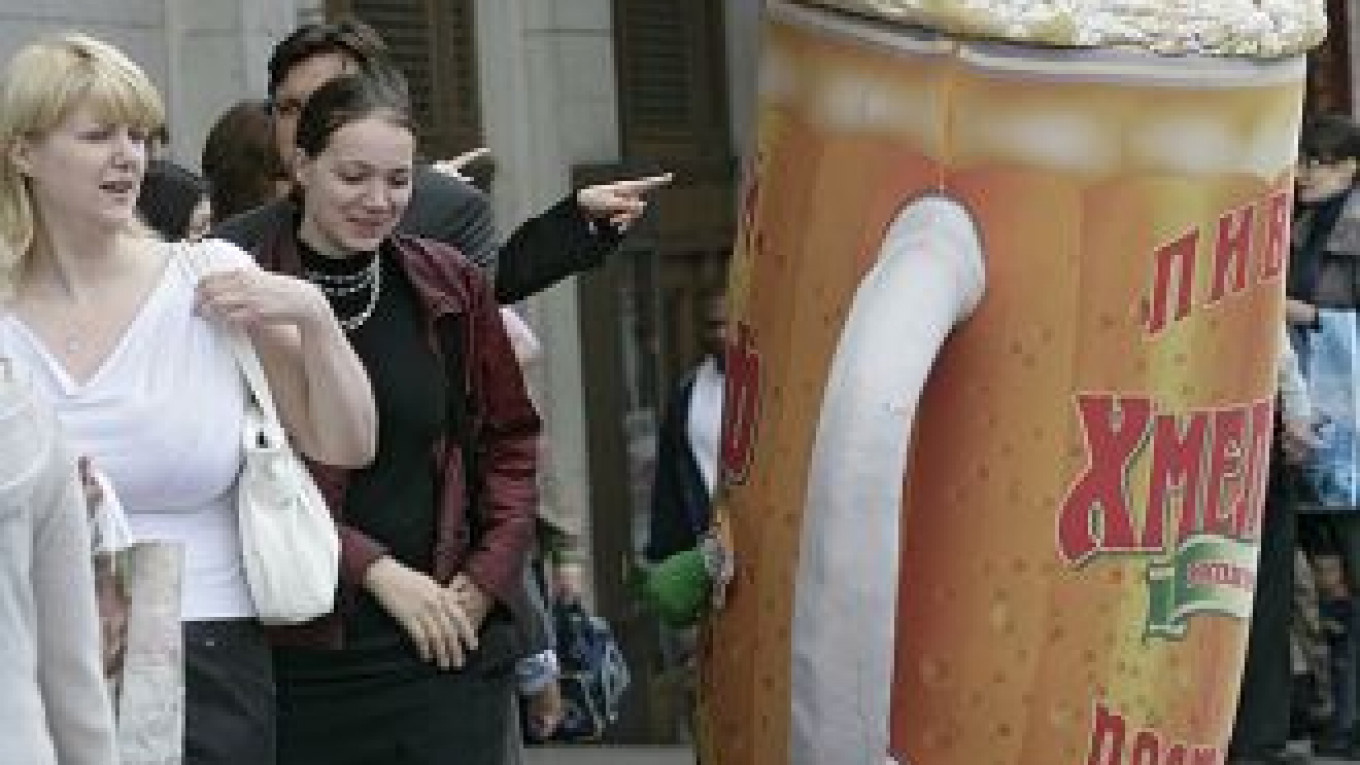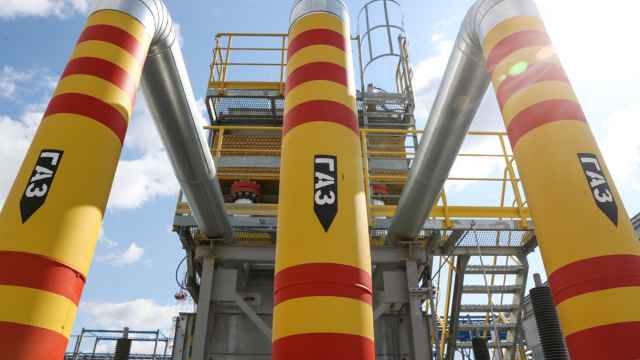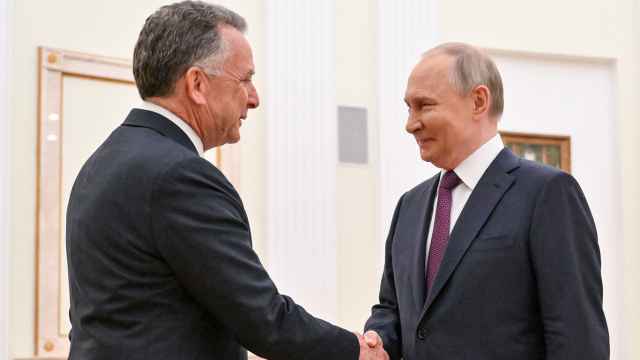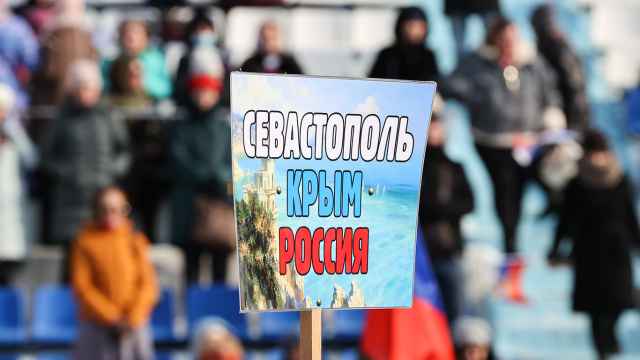Carlsberg, the world's fourth-largest brewer, fell the most in almost three years of Copenhagen trading after slashing its profit forecast because of faltering sales in Russia.
The shares dropped as much as 16 percent, wiping off 8.4 billion kroner ($1.6 billion) from the company's market value.
Adjusted net income will rise 5 percent to 10 percent, compared with a prior forecast of a 20 percent increase, the Copenhagen-based company said Wednesday as it reported second-quarter earnings that missed analysts' estimates.
Carlsberg, Russia's biggest brewer, said the market there would decline at a "low single-digit" rate, compared with a previous forecast of 2 percent to 4 percent growth. The company cited higher taxes on beer as well as bad weather, and said it no longer expects to increase market share in Russia this year.
"The Russian consumer remains subdued with the market down 2 percent in the second quarter," Dirk Van Vlaanderen, an analyst at Jefferies International in London, wrote in a note to clients. "To make matters worse, the company has also walked away from its market share target."
Brewers have sold less beer in Russia after taxes on the drink were increased 200 percent last year. Consumers have not yet fully adjusted to higher prices, chief executive Joergen Buhl Rasmussen said in a conference call.
Carlsberg, owner of the Baltika brand, gets about 45 percent of its profit from Russia, where President Dmitry Medvedev last month approved a law that will prohibit beer sales from kiosks by 2013 and restrict advertising.
The government's move to tighten restrictions on the sale of beer may have a "slightly negative" effect on Russian revenue for the remainder of the year, the brewer said.
Sales in the second quarter were also hurt by wet weather, especially in June, executives said in the call.
The failure to increase market share in Russia means that the brewer will not meet previous expectations of market share growth in two-thirds of its businesses, Carlsberg said. The company accounted for 38.4 percent of the market in the second quarter.
Carlsberg said it plans to focus on "growing sales channels" in the country and selectively focusing on lower-cost brands to try to boost market share.
The Russian market will probably resume growth of 3 percent to 5 percent after 2013, executives said in the call.
Second-quarter operating profit, excluding some items, fell to 3.7 billion kroner from 4.2 billion kroner a year earlier, Carlsberg said. The average estimate of 17 analysts surveyed by Bloomberg was 4.33 billion kroner. On a so-called organic basis, which excludes acquisitions or disposals, operating profit slid 11 percent, compared with a median 2.8 percent increase estimated by eight analysts.
Sales in the quarter totaled 18.7 billion kroner, meeting estimates. Revenue increased 3.9 percent from a year earlier, with organic growth amounting to 6 percent.
A Message from The Moscow Times:
Dear readers,
We are facing unprecedented challenges. Russia's Prosecutor General's Office has designated The Moscow Times as an "undesirable" organization, criminalizing our work and putting our staff at risk of prosecution. This follows our earlier unjust labeling as a "foreign agent."
These actions are direct attempts to silence independent journalism in Russia. The authorities claim our work "discredits the decisions of the Russian leadership." We see things differently: we strive to provide accurate, unbiased reporting on Russia.
We, the journalists of The Moscow Times, refuse to be silenced. But to continue our work, we need your help.
Your support, no matter how small, makes a world of difference. If you can, please support us monthly starting from just $2. It's quick to set up, and every contribution makes a significant impact.
By supporting The Moscow Times, you're defending open, independent journalism in the face of repression. Thank you for standing with us.
Remind me later.






